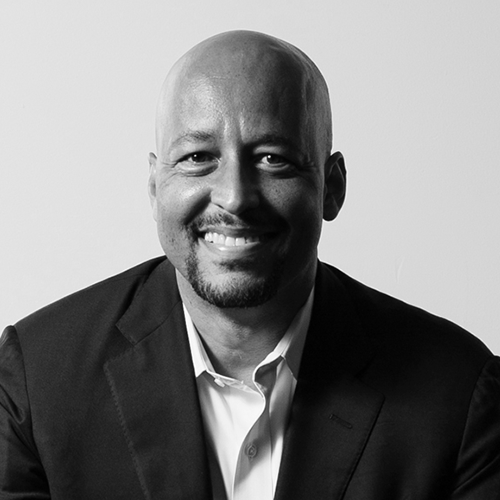Avon Products is more than a beauty company; it’s an organization that works to empower women through its business objectives.
Avon celebrated its 130th anniversary in 2016, and the company has expanded from one perfume to a full range of beauty, skin care, personal care, fashion, and home products that are sold in approximately seventy countries by nearly six million representatives around the world.
From the very beginning, Avon has focused on core values of integrity, trust, respect, and humility, which are still the cornerstones of the business today.
The Impetus
When it comes to compliance, Avon has had a longstanding belief in integrity and ethics. “There are surveys that show associates go to companies they believe are ethical, and they want to stay at companies that they believe are ethical,” says Avon’s vice president of legal and compliance, Richard Davies. “We set a higher standard because we know that our associates come here for our mission. We want to make sure that we keep our commitment to our associates by creating compliance standards that are part of the company culture.”
Davies believes people’s behaviors are driven by an organization’s culture, so integrating compliance into the company culture allows for a versatile and nimble approach to managing a company from the legal perspective.
The Plan
Compliance is part of the legal function and is comprised of thirty associates dedicated to corporate compliance on a global basis. They also handle communications, training, and the project management aspects of compliance. Whether it’s at the corporate headquarters or the cluster headquarters in other markets, there are senior leaders who ensure that every market can implement the full compliance program.
Associates representing different functions, including human resources, finance, sourcing, supply chain, and internal audit work together on a daily basis to ensure associates are following all aspects of the compliance program. Having these different teams of associates work together brings a mix of skills to Avon’s compliance efforts and emphasizes that compliance is an inherent part of the business, not a standalone function.
“We believe that compliance programs are most effective when they are integrated into the business operations,” Davies says. “When you integrate business with compliance, you can do whatever legal work needs to be done regarding advising the company on legal risk and use other professionals with different skills to drive the other parts of the program. If you run a great program or initiative in a silo, it’s a one-off thing and it can’t stand the test of time. If you build the processes that are interconnected with the ongoing business, you can ensure the program will not only survive, but thrive. Everyone is involved in compliance, from the corporate executives at the top of the chain to the cluster management. Our messages go to everyone. We don’t frame only one type of message to one associate or market.
“When associates know that the CEO and other senior leaders, care about how they achieve their goals as much as actually achieving them, they will hold that standard for themselves and their team,” he adds.
In support of this, the company went as far as to include compliance in its Performance Management Program (PMP). Every associate has an integrity goal, which is part of the regular review process. Managers assess their team, and it’s been an ongoing process of improving and building.
The compliance program is globally driven but locally executed. Each market leader owns the program in their area through governance compliance. The cluster market leaders will talk to key leaders on a quarterly basis to review the program initiatives and new policies and talk about any findings from monitoring activities or internal audits.
One initiative Davies points to is Avon’s global anticorruption initiative, which is designed to prevent any bribery or other corruption by Avon associates or third-party vendors working on behalf of Avon. The program includes detailed guidelines for various types of business interactions and situations. And it lists mandatory measures such as reviewing high-risk transactions with government officials and comprehensive due diligence on high-risk third parties, including all automated systems embedded throughout the business.
Avon ensures that its vendors meet the company’s compliance and business expectations via an extensive vetting process. Avon maintains a supply chain vendor base, which is used to perform due diligence and background checks as well as provide other important information on vendors.
An added benefit: the company’s system has enabled it to resolve redundancies, allowing greater organizational efficiency. For example, if Avon had three high-risk vendors that essentially did the same thing, this program allows the company to pick one and weed out the rest. The program has helped with scaling and negotiating leverage. It’s also allowed them to gain greater visibility and has ensured high-quality compliance standards.
The Results
Integrity is at the core of Avon and everyone at the company is responsible for maintaining it. Every associate, at every location, at every level, is made aware of policies and is part of the ongoing compliance dialogue.
Davies stays on top of the inevitable changes in laws and regulatory environments so that he can make sure Avon is where it needs to be. “At the end of the day, compliance relies on the culture of the organization,” Davies says. “It all comes down to what can be done to make sure the culture remains as it is today. We’ve done that with risk management, with our vendors, and with sourcing. I want to see more examples like that in the future.”


